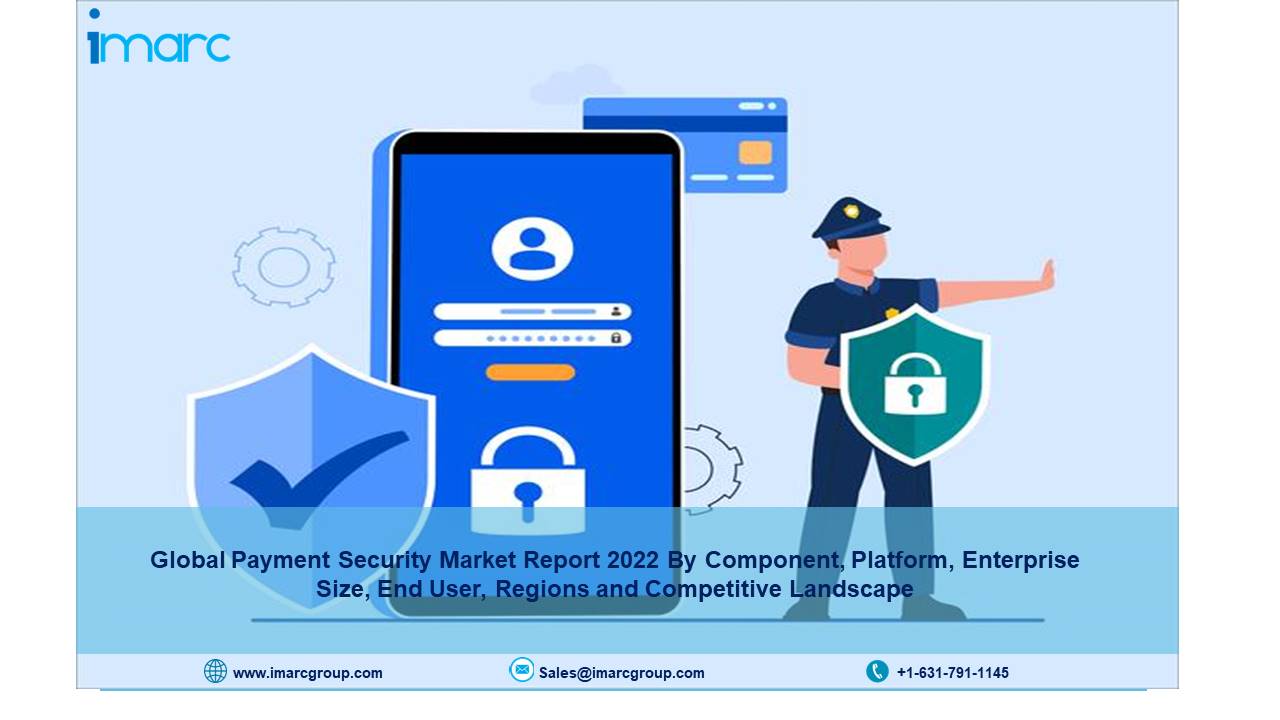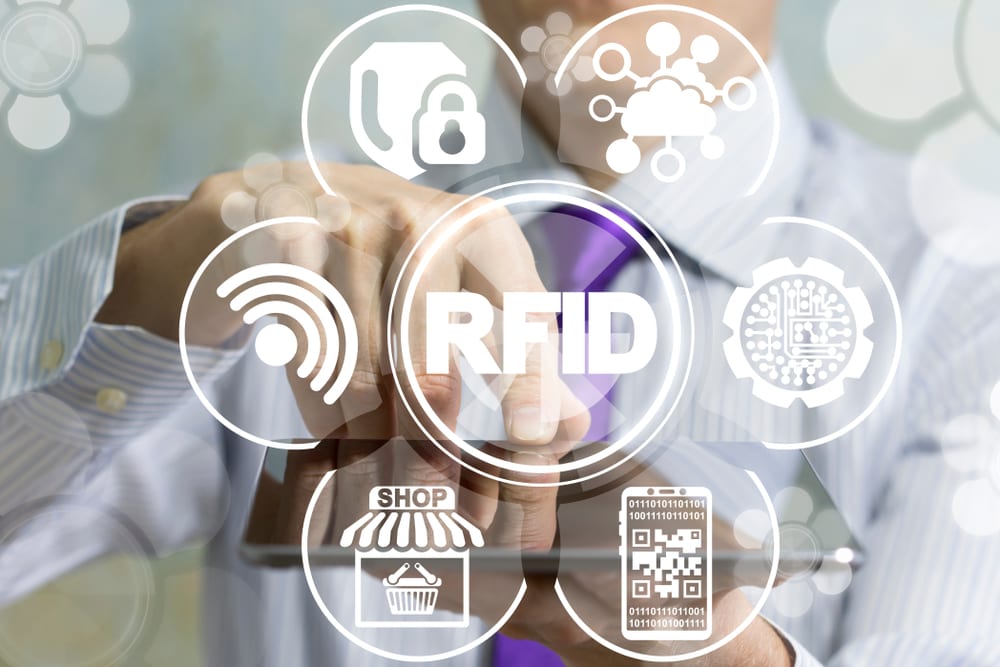Introduction
In the ever-evolving landscape of mobile applications, user engagement stands as a critical metric for success. Understanding the psychology behind how users interact with and stay connected to mobile apps is essential for developers and businesses alike. This article explores the key factors influencing mobile app user engagement and strategies to enhance the overall user experience.
First Impressions and User Onboarding
The first few moments a user spends with an app are crucial. Effective onboarding sets the tone for the entire user experience. Simplify the onboarding process, guiding users through the app’s features and functionalities. Incorporate interactive tutorials or walkthroughs to ensure users feel confident and informed right from the start.
Psychological Trigger: Cognitive Ease
Cognitive ease plays a significant role in user engagement. When the onboarding process is intuitive and effortless, users experience cognitive ease, making them more likely to explore further. Minimize complexity during onboarding to create a positive and smooth initiation for users.
Building Habitual Use Through Design
Successful apps tap into the psychology of habit formation. Design elements that encourage repeated use, such as push notifications or personalized content recommendations, contribute to habit-building behaviors. When users form habits around an app, it becomes a seamless part of their daily routine.
Psychological Trigger: Variable Rewards
Incorporate variable rewards within the app experience. Variable rewards, whether in the form of surprise discounts, exclusive content, or personalized achievements, trigger the brain’s pleasure centers. This unpredictability keeps users engaged and eager to explore the app regularly.
Streamlined User Interface (UI) Design
Simplicity is a cornerstone of effective user engagement. A cluttered or confusing UI can lead to frustration and disengagement. Prioritize a clean and intuitive design, ensuring users can navigate the app effortlessly. Minimize the number of steps required to perform key actions.
Psychological Trigger: Visual Appeal and Familiarity
Visual appeal and familiarity contribute to positive user experiences. Humans are naturally drawn to aesthetically pleasing designs and familiar patterns. Use visually engaging elements and maintain consistency across the app to create a sense of comfort and ease for users.
Tailoring Experiences to User Preferences
Personalization is a powerful psychological tool for user engagement. Analyze user behavior and preferences to tailor the app experience. Personalized content, recommendations, and user interfaces create a sense of individualization, fostering a deeper connection between the user and the app.
Psychological Trigger: Autonomy and Mastery
Users appreciate a sense of autonomy and mastery. Allow users to customize their experience, providing them with control over settings, preferences, and notifications. Empowering users to master the app’s features enhances their confidence and overall satisfaction.
Real-Time Feedback and Notifications
Feedback mechanisms play a crucial role in user engagement. Provide real-time feedback for user actions, confirming their input or guiding them through processes. Use notifications strategically to keep users informed about updates, messages, or relevant activities within the app.
Psychological Trigger: Social Proof and Community Engagement
Social validation is a powerful motivator. Encourage community engagement within the app, allowing users to share achievements, experiences, or feedback. When users see positive interactions and endorsements from their peers, it reinforces the app’s value and fosters a sense of belonging.
Conclusion
Understanding the psychology of mobile app user engagement is fundamental to creating successful and sustainable applications. By prioritizing user onboarding, building habitual interactions, focusing on user-centric design, incorporating personalization, and utilizing feedback mechanisms, developers can craft an app experience that not only attracts users but keeps them actively engaged over time. As the mobile app landscape continues to evolve, the strategic integration of psychological principles will remain a key differentiator for app success.





